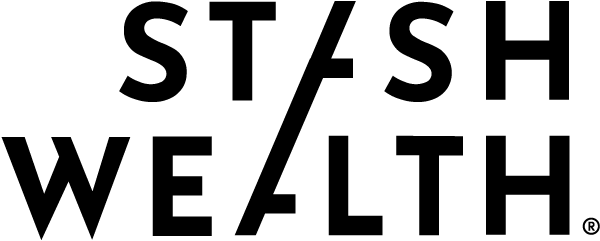Should I finance my peloton with Affirm?
From Warby Parker glasses to Peloton bikes, it’s becoming increasingly easier to use financing (aka monthly payments over time) to pay for new gear. How do these payment plans work? And should you really finance that Peloton purchase?
If you’ve thought about buying a Peloton, purchased Warby Parkers, or shopped online for any big-ticket item recently – you’ve probably seen the option to finance your purchase.
In other words, do you drop $2,245 on a new Peloton bike or simply sign up for a “low, easy” payment of $58 a month for 39 months?
Recently, companies like Affirm and Paypal Credit are providing us with the option to “buy now, pay later”. Affirm, for example, lends customers money to buy something immediately and allows the customer to pay them back in payments over time (a concept called financing).
If you’re thinking, “What’s the catch?” Good call.
What is financing?
Financing is…
Financing is when someone (like a bank) gives you money to use now with the expectation that you will pay them back over time. Usually with an added cost (aka interest).
Mortgages are an example of financing. A bank gives you money to buy a house and you pay them back over time, with interest, called mortgage interest.
Point of sale financing is when a store/retailer provides you with a financing option right before you’re about to purchase their product.
Should I use a company like Affirm to finance a purchase?
The answer to this question depends on two major factors – One, what interest rate (APR) are you being offered? And two, can you definitely afford the monthly payments?
Start by paying close attention to the interest rate (APR) they are offering. While some products are at 0% interest, some financing options have rates that can go as high as 30%.
What you don’t want to do is use financing to purchase something that you can’t really afford. Even though a monthly payment (like $58) might feel doable if the interest rate is anything above 0% (always read the fine print!) you may end up paying way more for the product than it’s actually worth to you.
Here’s an example…
If you finance, let’s say, a Peloton bike for $2,245 over 36 months with 15% interest, you will end up paying $78 a month and a total of $564.44 in interest. So that $2,245 purchase actually cost you $2,809. Ask yourself, would you buy the bike for $2,809?
That’s the question.
And it’s up to you how much that Peloton is really worth. At Stash Wealth, we encourage clients to get their [financial] sh*t together and purchase the things that matter most to them, guilt-free.
What you don’t want to do is use financing to purchase something that you can’t really afford.
Do the math to understand how much you’re really paying (including interest). Make sure you can afford the monthly payments. Read the fine print. And then, if you decide you do want to finance your purchase, make your payments on time.
Affirm does a soft credit check, which means no harm will be done to your credit score when you use it at purchase. But, if you don’t make your monthly payments on time, it could impact your credit score.
Feeling like you could use a second set of eyes to make sure you’re not missing any chances to be smarter with your money? We’ve got you covered. Check out the Stash Plan.
p.s. Stash Wealth gives conflict-free advice. We are not endorsing any specific products and have no affiliation with Affirm or Peloton.
Stash Wealth provides financial plans designed to assist high earning young professionals build and manage their wealth.
Stash Wealth offers a pragmatic approach to financial planning and wealth management. Whether saving up for Tahiti or a Tesla, we help you achieve your short-term and long-term goals.
Written by Stash Wealth Staff Writer
Stash Wealth Staff Writers are knowledgeable about personal finance topics. Their objective is to unravel the complexities of finance trade jargon, products, and services in order to equip HENRYs with a sound understanding of financial matters.

